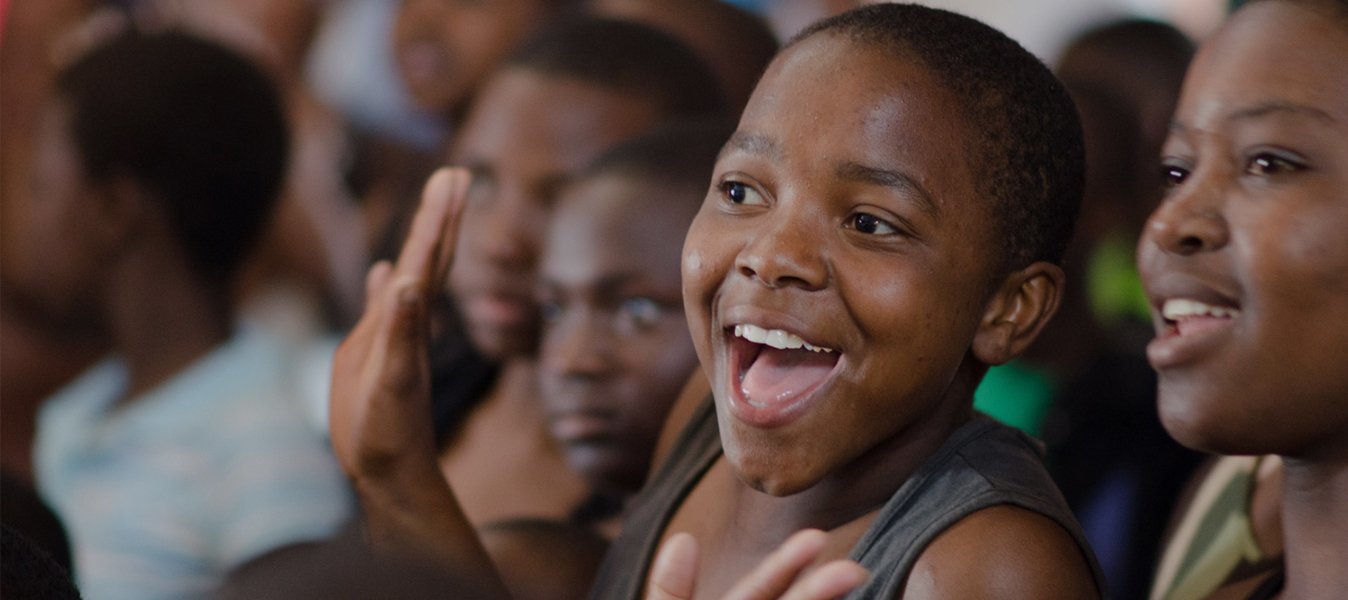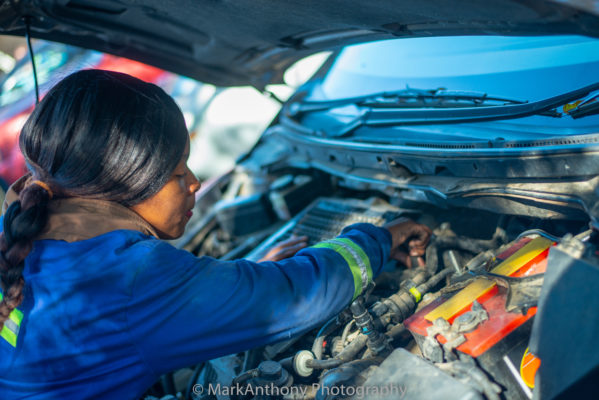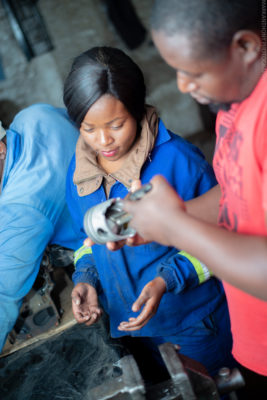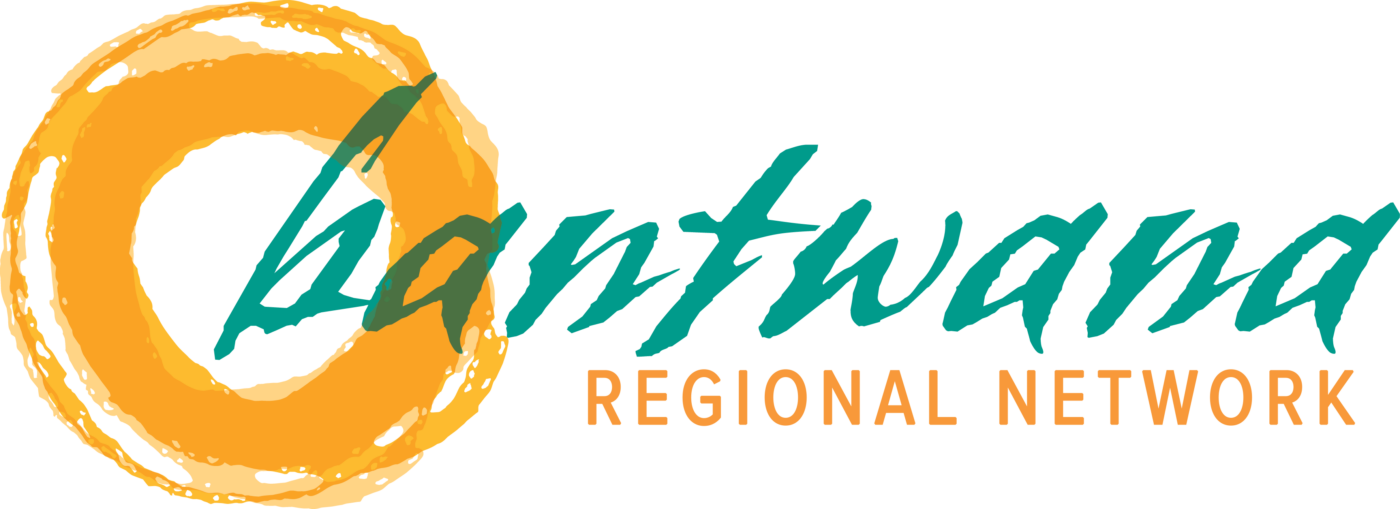
Claris’ Story: Living My Father’s Dream
It is every little girl’s dream to make her father proud. But for Claris Chada, age 23 years, that hope was taken away in 2010 when her father died, leaving her and her five siblings with no breadwinner. As the economic situation in Zimbabwe deteriorated, Claris found herself engaged in risky sexual behavior, partly motivated by a need for money to cover her basic needs but also by a longing to move away from home and not be a burden to her mother. Claris then had the first of her two children when she was barely 17 years old. She dropped out of school, but with the help of her siblings, she sat for her Zimbabwe Schools Examination Council National Ordinary Level examinations in 2011 and managed to pass two subjects. However, a minimum of five subjects, including Math and English, are required for a full O-level certificate, which opens the door for further educational and employment opportunities.

With limited economic options and no access to capital for any significant endeavors, Claris begun petty trading, selling boiled eggs, sweets and crisps—anything that could help her support her family. She even resorted to working illegally as a till operator outside of the country. Although she is still in a relationship with the father of her two children, he is not financially stable, and she needs a steady income of her own to look after her widowed, unemployed, and ailing mother and to ensure that there is food on the table for the total of six children living in their home.
Claris’ father had been a promising mechanic before he died and so when she saw the Siyakha Girls advertisement for young women interested in employment in auto mechanics (or textile manufacturing or leather working), she was thrilled to have the chance to follow in her father’s footsteps and carry on his legacy. The Siyakha Girls project implemented by the Bantwana Initiative of World Education, Inc. under the USAID/PEPFAR-funded, FHI 360-managed Accelerating Strategies for Practical Innovation and Research in Economic Strengthening (ASPIRES) project is an economic strengthening pilot working to build the financial and social assets of vulnerable adolescent girls and young women like Claris in Bulawayo, Zimbabwe.

After undergoing a foundational training on life skills, job preparation, and financial literacy, Claris and 47 other participants completed eight to nine weeks of vocational training following an interactive, practical, hands-on curriculum to equip them with the skills needed to enter their industry of interest. Following a social asset building training to empower the young women with communication and other soft skills needed to protect themselves from violence, stigma, and discrimination in the workplace, Claris began her three-month internship at D and M Transport, an informal vehicle servicing enterprise. Claris and her Siyakha Girls classmate Nokuthula are the only two females on the nine-person staff, but their supervisor Dumisani Mnguni was eager to welcome them to the team because “we believe in grooming more women for this industry…and we know the Siyakha Girls program is good for the girl child.
Using some of her monthly internship stipend of $50, Claris has saved US $50 plus ZAR 200 (approximately US $14) in just the past three months through her savings group established by the project, and she enjoys personal control over these financial assets to use for the wellbeing of her family. In addition, through the social assets building process, she was empowered with sexual reproductive health information to make more informed choices. Overall, Claris now has the knowledge and skills to better support herself and her family, which would make her late father very proud.
